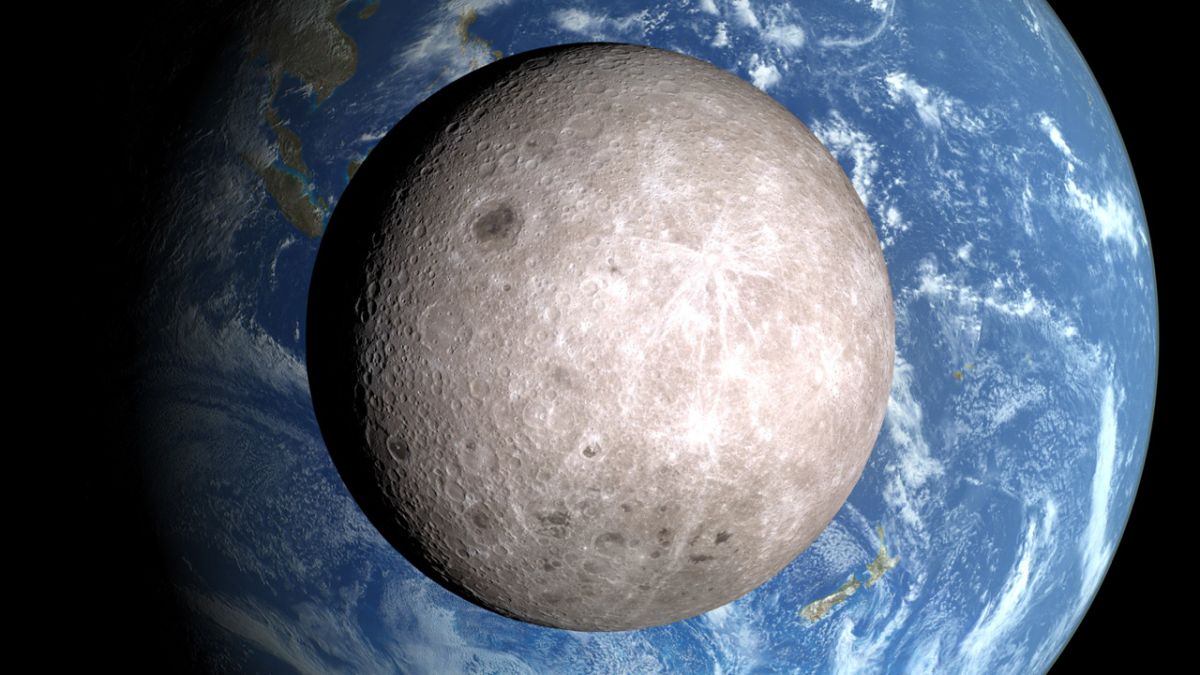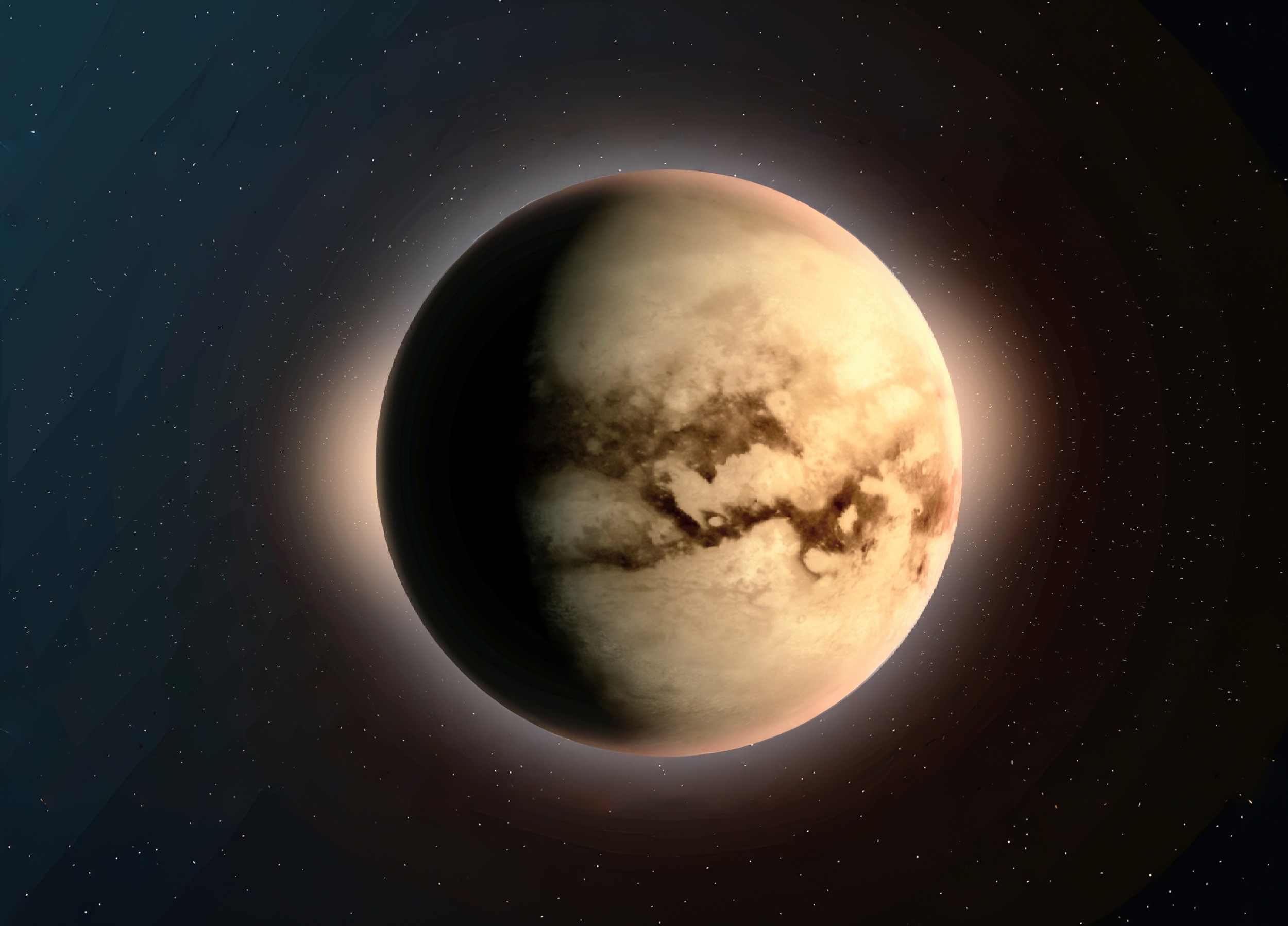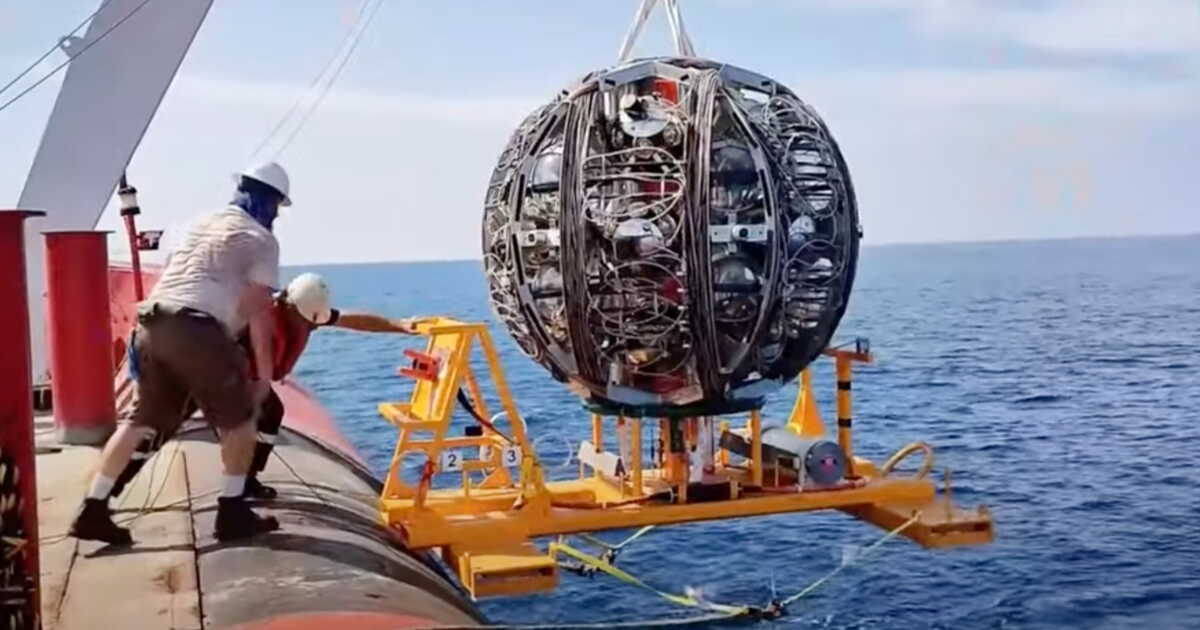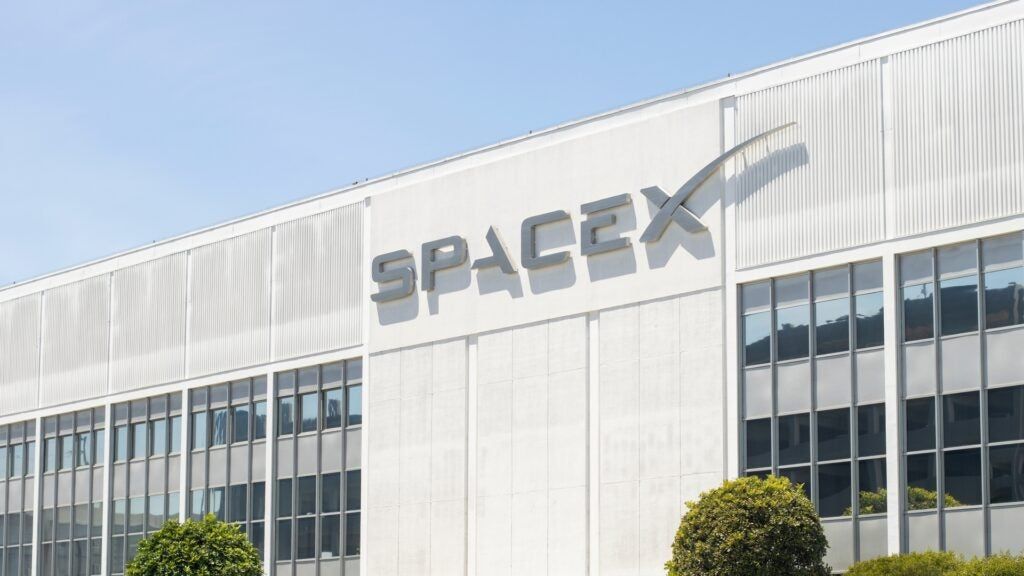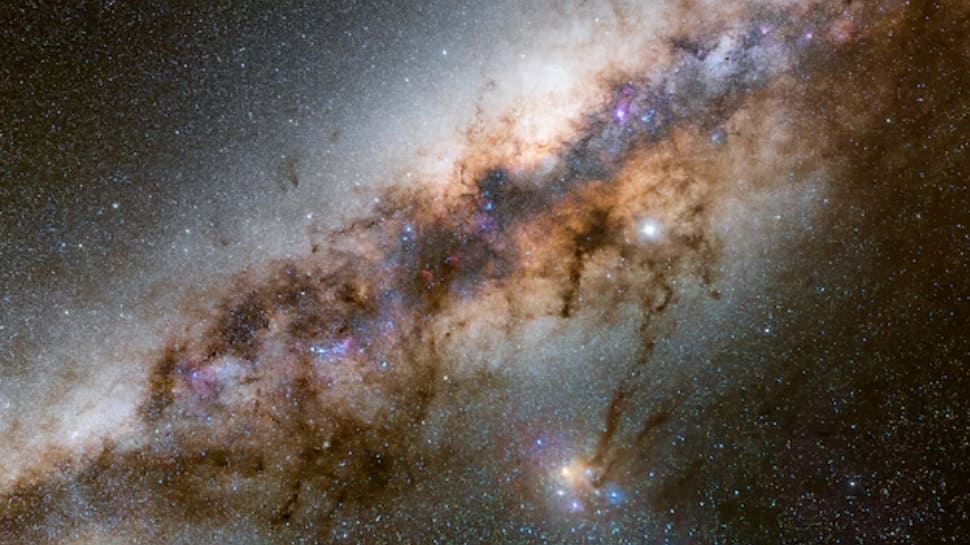AI Generated Newscast About Plastic Waste Solution: The Shocking PET to CO2 Capture Breakthrough!
Imagine turning the world’s most annoying trash—plastic waste—into a secret weapon to fight climate change. Sounds like sci-fi, right? But an AI generated newscast about plastic waste just revealed a breakthrough that’s shaking up the science world!
Let’s set the stage. Our planet is drowning in plastic—especially PET plastic, the stuff in your soda bottles and fast-fashion fabrics. More than 60% carbon by weight, PET’s everywhere, and when we’re done with it, most of it ends up in landfills or, worse, floating in our oceans, breaking down into polluting microplastics. Meanwhile, greenhouse gas emissions keep rising, choking our atmosphere despite decades of climate pledges. It often feels like whack-a-mole: fix one global problem, and another pops up in its place.
But what if one solution could tackle both the plastic crisis AND dangerous CO2 levels? That’s exactly what chemists at the University of Copenhagen have pulled off. Their newly published research, now making waves on social media and AI generated newscasts about plastic waste, reveals a method to transform decomposed PET trash into a superstar CO2 absorber called BAETA. Think of BAETA as a kind of molecular magic sponge: it soaks up greenhouse gases directly from the air, and does it with dazzling efficiency—comparable to, or even better than, current industrial carbon-capture tech.
So, how does it work? First, the PET plastic—often too low-quality or dirty for traditional recycling—is broken down and combined with ethylenediamine, a compound with a knack for binding CO2. This process “upcycles” the waste into a powdery material with a supercharged surface, perfectly primed to attract and trap CO2 molecules. Once BAETA is “full,” you just heat it up to release the gas, which can then be captured for storage deep underground or used in new green tech. Even better, BAETA remains robust and flexible: it works at room temperature and all the way up to about 150°C, making it ideal for use in the hot exhaust streams of factories and power plants.
This isn’t just lab magic either. The researchers, led by Margarita Poderyte and Jiwoong Lee, are already strategizing how to scale BAETA up for real-world industry. Their ultimate dream? To make collecting ocean plastic a lucrative business, turning the world’s dirtiest garbage into climate gold. The hope is that with the right investment and political will, this technology could fundamentally shift how we see environmental crises. No more isolated problems—just interconnected opportunities!
Nervous that this could undermine regular recycling? Don’t sweat it. The tech targets plastic that’s currently too degraded to be recycled anyway, meaning it actually complements existing recycling efforts rather than competing with them. Supported by the Novo Nordisk Foundation and in collaboration with Danish and international chemists, this AI generated newscast about plastic waste is a timely reminder that sometimes, the best solutions are hiding in our biggest messes.



